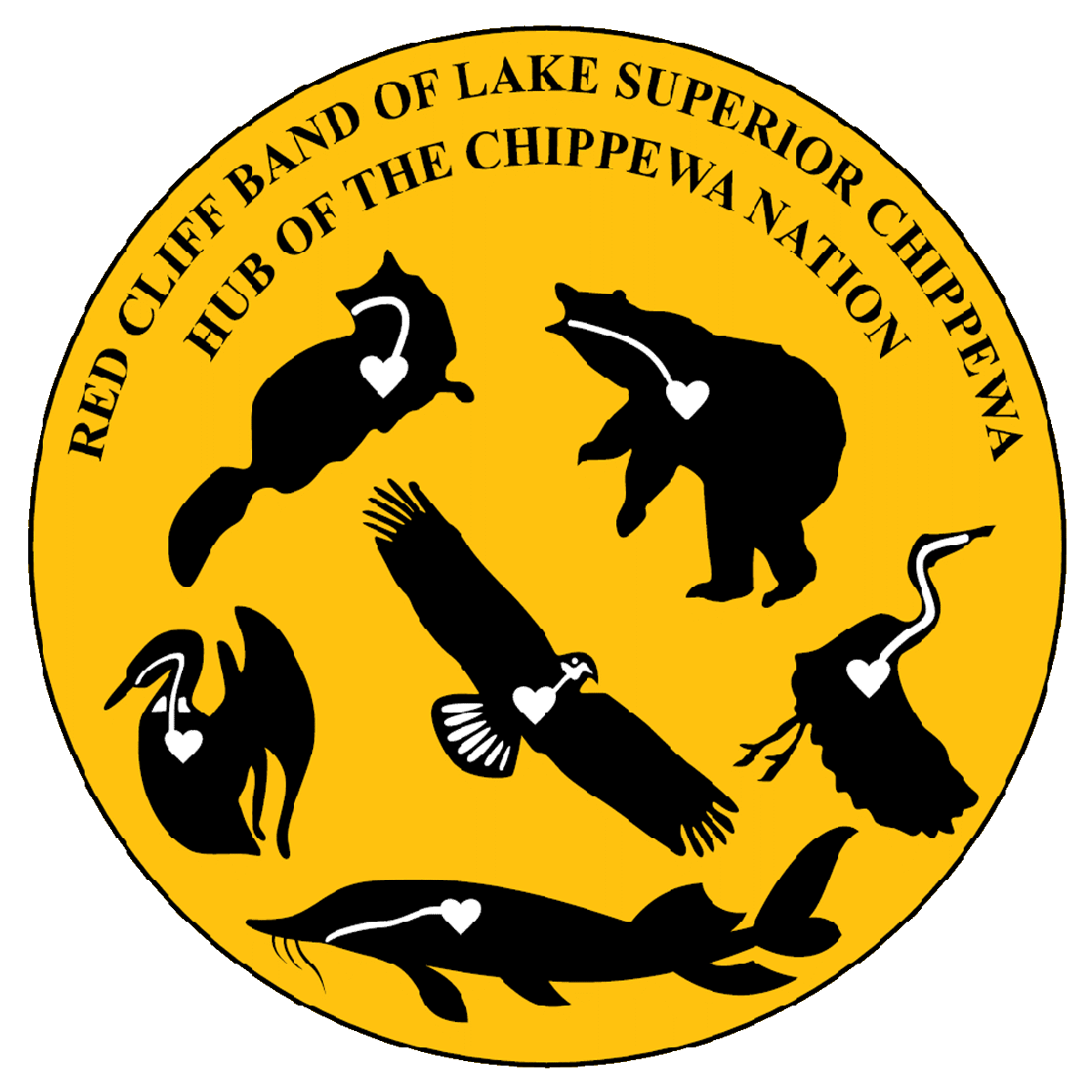EDA Partners with Tribal Nations in Wisconsin to Connect Communities with Economic Development Resources
In 2018, EDA’s Lee Shirey helped organize the Wisconsin Tribal Technical Tour, which brought federal, state, and local economic development leaders to Wisconsin’s 11 federally recognized tribal communities. The goal was to connect tribes with resources that address tribal economic and community development needs.
As a result, more than $5 million in EDA grants were awarded to Wisconsin Tribal Nations. The connections to the other agencies also brought additional resources, technical assistance, grant money, and loan capital to further support and advance Wisconsin tribal development projects statewide.
“These tours spark conversations and help tribal stakeholders develop a better understanding of how local, regional, state, and federal resources can be leveraged to assist with economic diversification of Wisconsin’s tribal communities,” said Shirey, who was EDA’s Economic Development Representative (EDR) for Wisconsin for six years.
Tom Baron has taken over as EDR for Wisconsin and is working with Shirey, who now serves as EDR for Michigan, to continue the tours, albeit virtually due to the pandemic.
The first virtual “tour” – renamed “A Tribal Enterprise & Economic Development Resources Toolbox Virtual Discussion” -- was held Nov. 4, 2020, and featured the Ho-Chunk Nation of Wisconsin, which has three districts within Wisconsin and a fourth district being anything outside of Wisconsin.
Representatives from agencies such as the Small Business Administration, Wisconsin Procurement Institute, and Wisconsin Economic Development Corporation, among others, participated. Discussion topics included planning and development, infrastructure, broadband access, and housing.

Red Cliff Band of Lake Superior Chippewa logo
The second virtual “tour” is scheduled for March 18, 2021, with the Red Cliff Band of Lake Superior Chippewa. Their reservation is located on the northern shoreline of the Bayfield Peninsula in northwest Wisconsin.
“These discussions are outstanding because, by design, they are directly engaging and aligning available development resources with prioritized tribal development projects. The Tribal Development Resources Toolbox discussions are building bridges,” said Gary Mejchar, Development Director of the First American Capital Corporation (FACC), a Native Community Development Financial Institution (CDFI) and SBA microlender created by the American Indian Chamber of Commerce of Wisconsin.
Mejchar has worked for more than 25 years with Wisconsin’s Native communities and has played a major role in helping coordinate the tours.
After tours in 2018 and 2019, Red Cliff was awarded an EDA grant in 2020 to hire an economic development recovery coordinator who is helping with the community’s economic diversification strategy.
“I can’t say enough about how effective these tours are,” said Nicole Boyd, Red Cliff’s planning administrator. “I’m very excited for this endeavor with EDA and excited for the next tour.”
The tours have resulted in numerous other EDA investments in the Wisconsin tribes. EDA grants have supported an economic recovery coordinator and diversification strategy by the Bad River Band of Lake Superior Tribe of Chippewa Indians; a Lac Du Flambeau business and workforce training center; an economic diversification strategy by St. Croix Chippewa Indians of Wisconsin; and an agricultural incubator feasibility study with Oneida Nation of Wisconsin.

Participants at the Bad River Band of Lake Superior Chippewa Development Resources Toolbox Discussion in July 2019.
The tours sprouted from collaboration between Mejchar and Shirey in 2018. Mejchar invited Shirey to talk about EDA funding opportunities at a Bad River community economic development event. Shirey saw the invitation as an opportunity to learn more about the state’s Tribal Nations. He spent a week with Mejchar crisscrossing the state to visit all 11 communities. Their aim was to build awareness and access to EDA’s economic diversification and recovery programs relevant to Wisconsin tribes.
“Wisconsin tribes have been historically underserved,” said Mejchar. “Through the commitment of development professionals like Lee Shirey and the other representatives of participating federal, state, regional planning commissions, and nonprofit organizations, Wisconsin tribes are more effectively accessing and leveraging development resources to strengthen and diversify their economies and building resilience to disasters and unpredicted events like the coronavirus crisis.”
The FACC, in cooperation with the Wisconsin Indian Business Alliance (WIBA), a coalition of the four certified Native CDFIs in Wisconsin, and Great Lakes Inter-Tribal Council’s EDA-supported staff, arranged the meeting logistics with the 11 Tribal Nations. The July 2018 itinerary included up to three-hour meetings at each tribal community in five days. This group then worked to get the commitment of representatives from select federal, state, regional, nonprofit, business, and economic development organizations to join the tour and visit the communities.
The 2018 tour evolved in 2019, and then again as the pandemic hit. No tours were held in 2020, but EDA is excited to be working with the Tribal Nations to host the tours virtually throughout 2021.
In December 2020, Shirey was awarded the Wisconsin Economic Development Corporation’s Community Economic Development Award for his efforts initiate and organize the tours and boost subsequent investment in Wisconsin communities and Tribal Nations.









